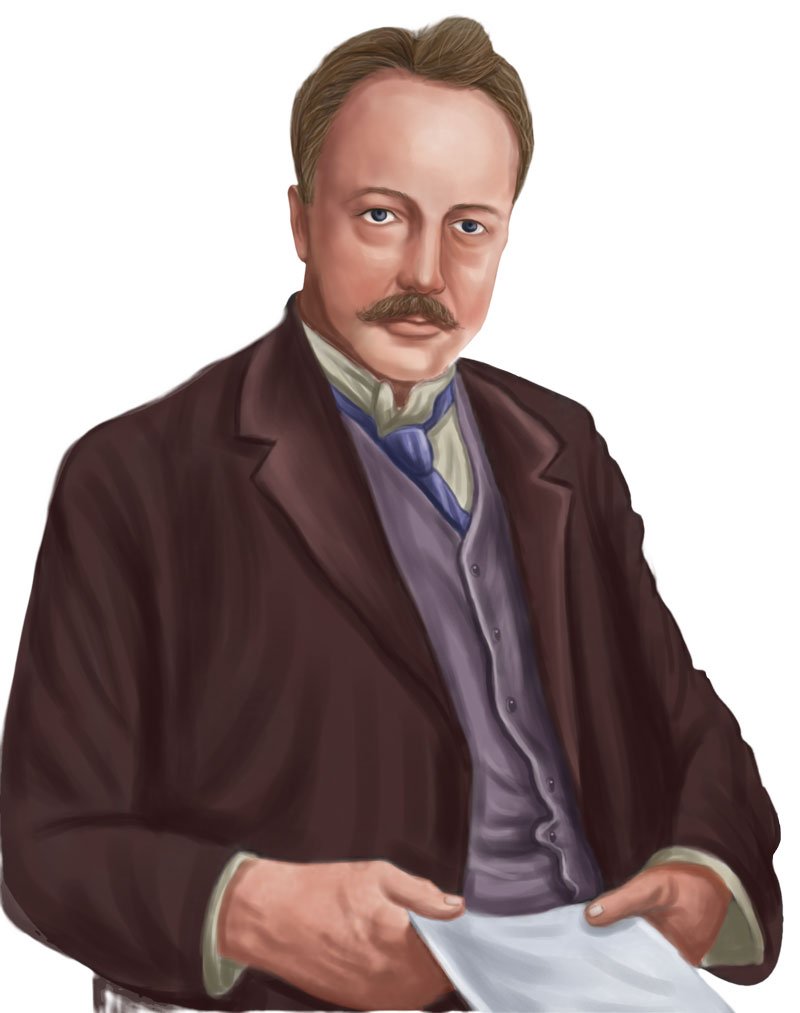Max Von Laue was born on October 9, 1879 at Pfaffendorf, near Koblenz. He was the son of Julius von Laue, an official in the German military administration. At the Protestant school at Strassburg he came under the influence of Professor Goering, who introduced him to the exact sciences. In 1898 he left school. For a year he did his military service. He then went to the University of Strassburg where he studied Mathematics, Physics and Chemistry; but soon, he moved to the University of Gottingen, where he worked under Professor W. Voigt and Professor W. Abraham, who greatly influenced him. After obtaining his doctorate at Berlin in 1903, von Laue went for two years to the University of Gottingen. In 1905, he was offered post of assistant to Max Planck at the Institute for Theoretical Physics at Berlin. In 1909, he went as Privatdozent to the University of Munich, where he lectured on optics, thermodynamics and the theory of relativity. In 1912, he became Professor of Physics at the University of Zurich. In 1951, he was elected Director of the Fritz Haber Institute for Physical Chemistry at Berlin-Dahlem. Here, he did much work on X-ray optics in collaboration with Borrmann and others. He passed away on 24 April, 1960.
Max Von Laue


